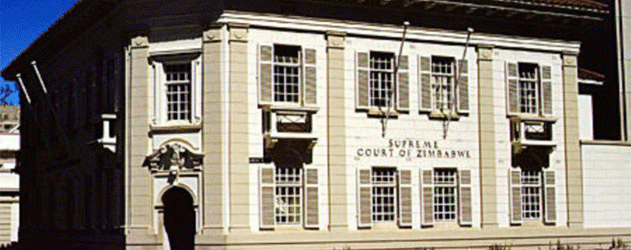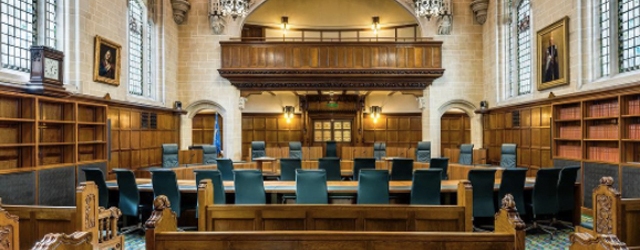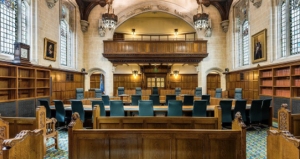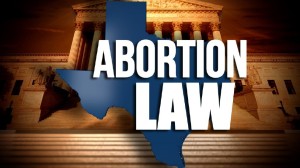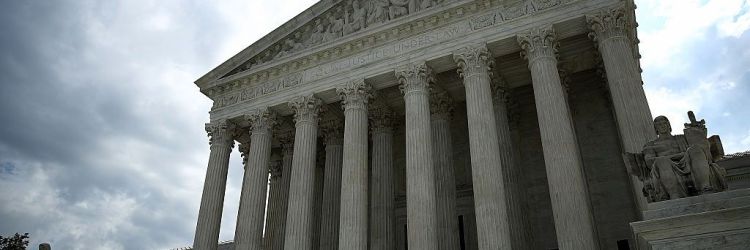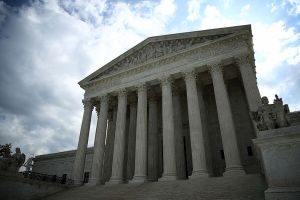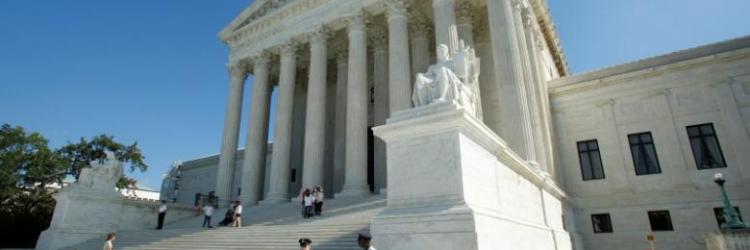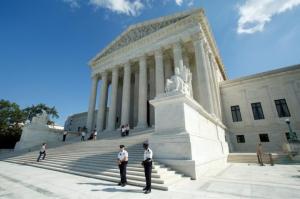Source : VOA News
By : Sebastian Mhofu
Category : Bail Bonds Sanford , Sanford Bail Bonds
In Zimbabwe, the process to name a new chief justice of the Supreme Court has become mired in legal challenges and politics. At his farewell party Wednesday night, the outgoing chief justice, Godfrey Chidkyausiku, was asked if he had any disappointments in his career. “Yes, there are times when things are not going the way they should. One of them is the way we are quarreling about my successor,” Chidkyausiku said. “It’s a big disappointment, but it’s nothing that we can’t overcome. In my view is, there is really no dispute, there is really no issue. With the passage of time, things are going to fall into place. I would have wanted to leave one, very united judiciary that is fearless, independent and with the back bone of steel.”
His retirement didn’t come as a surprise. The law requires the chief justice to retire at the age of 70, which Chidkyausiku reached in February. Two months prior, the Judiciary Service Commission started public interviews to replace him. The commission then sent President Robert Mugabe a list of the three final candidates from which, by law, he can choose. Then, from out of nowhere, Romeo Zibani, a law student, surfaced and successfully challenged the process at the High Court. That ruling was then dismissed by the Supreme Court after an appeal.
Zibani is represented by ruling party Member of Parliament and lawyer Jonathan Samukange. They have appealed to the Constitutional Court to uphold the High Court’s ruling. “A chief justice is different from an ordinary judge,” Samukange said. “A chief justice does not only wear a judicial hat. He must also wear a political hat. That is why it is important and crucial that we have a chief justice who can work in harmony with his excellence the president. The president must choose who he wants to work with. It is like marriage, you marry someone whom you can stay with and work with in harmony for the interests of Zimbabwe as a whole.” Prior to 2013, the president had the power to handpick judges. But that year, Zimbabweans overwhelmingly voted to pass a new constitution that included this new procedure.
Mugabe has made no public statements on the chief justice question. However, a request to amend the constitution has been initiated by his vice president, Emmerson Mnangagwa. The next Supreme Court sitting opens July 1. Lovemore Madhuku, a law professor at the University of Zimbabwe, is not optimistic the issue will be sorted out by then.
“I think the president wants to wait for the constitutional amendment,” Madhuku said. “The constitutional amendment provides for an appointment which is not subject to controls by anybody. So it is the president’s love for total control of the country which is always his approach to the way he governs.” Madhuku says politics are tangled up in this dispute, with elections just a year away. The Supreme Court would rule on electoral disputes. Mugabe has announced his intention to run for re-election, but as the 93-year-old leader advances in age, debate over his succession grows louder and the chief justice could one day weigh in. Local analysts say the country’s current leadership would prefer a war veteran as the new chief justice. None of the three candidates proposed by the commission have that credential.
Read More voanews.com/a/legal-challenges-politics-delay-naming-zimbabwe-chief-justice/3746808.html
